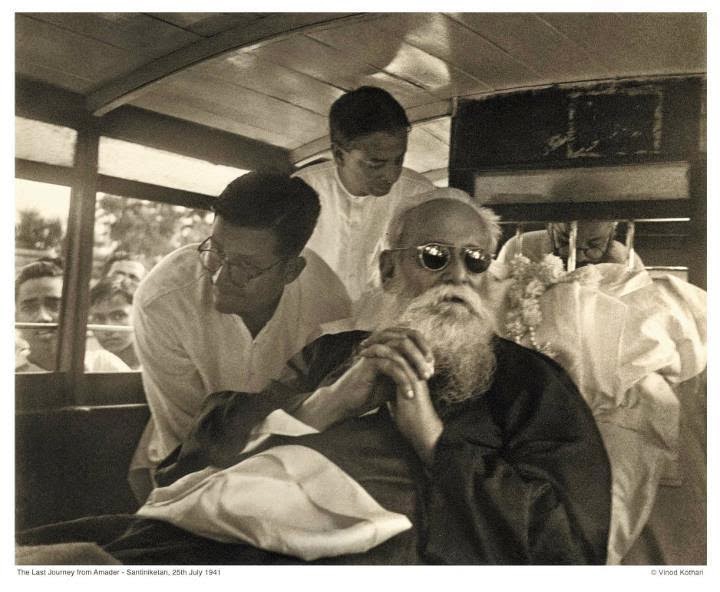Tagore The Educator: The Two Demons of 'Traditionalism' and 'Technological Attitude'
I was asked recently in a NDTV interview: What do you think Tagore would if he was alive today? My answer was that he would remain, first and foremost, a poet. That was indeed the safe answer, but I disappointed the interviewer. She was asking how Tagore would react to today's world - what life of action he might have chosen! Besides, Tagore the poet, however ubiquitous he may be in the life of the Bengalis, is less known: Most of the available translations are quite pedestrian, and his unique evocation of rural Bengal and his lyricism makes him somewhat out of time in our sceptical world. To imagine him as a poet in our day would involve imagining Tagore as a writer of blank verse and pop music, a leap of imagine that may not come very naturally. However, my answer was flawed: Tagore perhaps wanted people to see him as a poet and a mystic, and to remember him as such, but he lived a life of action. His most cogent identity was that of an education reformer and an educator, f...
